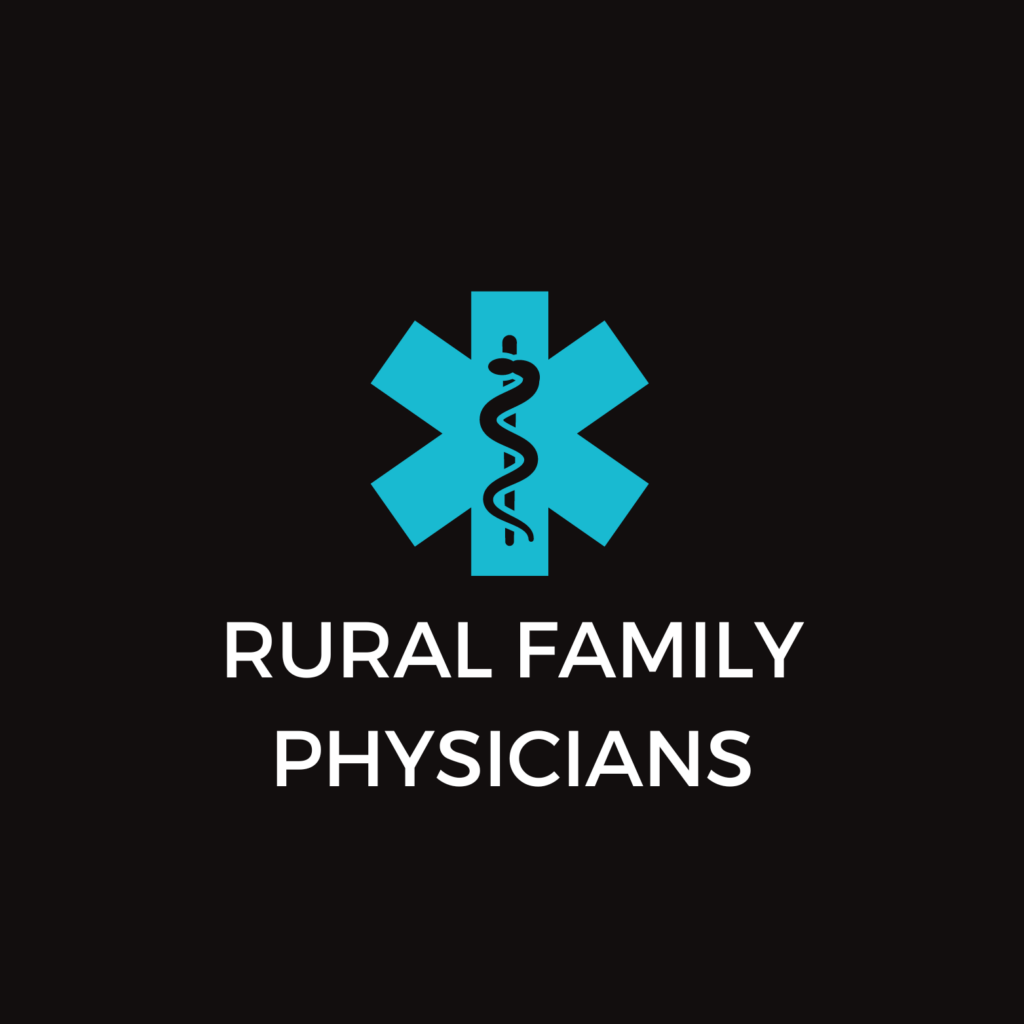CEO Update: The Climate Crisis and Rural Colorado
 Where has February gone? This year has started off with a bang, as we saw another huge surge of Covid in January and early February. We know folks are struggling with full beds and continue to struggle with lack of some supplies and the ongoing workforce crisis. On behalf of CRHC staff and Board I’d like to thank you for your continued perseverance, we appreciate you and all you continue to do during the ongoing pandemic.
Where has February gone? This year has started off with a bang, as we saw another huge surge of Covid in January and early February. We know folks are struggling with full beds and continue to struggle with lack of some supplies and the ongoing workforce crisis. On behalf of CRHC staff and Board I’d like to thank you for your continued perseverance, we appreciate you and all you continue to do during the ongoing pandemic.
Unfortunately, late December brought massive suffering at the hand of devasting fires and thousands of people losing their homes and businesses. Our hearts go out to everyone impacted. These events bring to light the increasing danger of the climate crisis Colorado is in.
Climate change is causing all sorts of issues including the need to respond and prepare for more frequent emergencies. In order to continue to grow and raise food, we need fertile land whose soils are ripe with nutrients and we need ample amounts of water to feed both plants and animals. Both of these resources are dying out. In fact we know we have:
- Rising temperatures – more than 20 days a year average at 95 degrees
- Higher temperatures create dirtier air. Unhealthier air creates complications for individuals with asthma and diabetes. In rural, diabetes rates are higher than urban and those that have diabetes have 2.3 times greater healthcare costs.
- More intense wildfires, like those experienced in January.
- Change in quality and quantity of water supplies
- Drought – the Colorado River has experienced the driest 16-year period in over one hundred years and it has been recently reported that we are now in the worst drought in over 1200 years
- Droughts reduce crop production and increase wildfires
- Colorado has 11 counties (all rural) that are in extreme drought according to the US Drought Monitor. Data also shows that almost all other rural counties are in a severe drought.
- Reduced crop production leads to further poverty. One in three Coloradans are struggling with hunger. Bent and Crowley counties have the highest percentage of people facing food insecurity at 19% and 18%, compared to the state rate of 10%.
- Agriculture provides 195,000 jobs among 38,900 farms and contributes $47 billion dollars to Colorado’s economy.
- Extreme heat poses health risks including unhealthy air
- Increases the rates of emergency department visits for those vulnerable to heat
- Increases use of air conditioning
- According to redstarair.com and many others; “Air conditioning units are bad for the environment in part. The hydrofluorocarbons (HFCs) and chlorofluorocarbons (CFCs) emit pollutants that put holes in the ozone. AC systems require enormous amounts of energy to operate, and fossil fuels burned for electricity contribute to ozone depletion.”
- Ozone depletion is directly related to increases in temperatures
- Natural Disasters
- Colorado has endured twenty-nine climate disaster in the past decade, costing over $136 billion in damages and this is before the latest devasting fires
- In 2020, wildfires in Colorado shattered records by burning 667,000 acres
- In 2020, at least 5300 wildfires broke out in Colorado
- Drought – the Colorado River has experienced the driest 16-year period in over one hundred years and it has been recently reported that we are now in the worst drought in over 1200 years
I know that climate change has been a politically contentious issue. But the data show that the effects of climate change are here. And they’re hitting rural areas hard. One’s zip code should not determine one’s health status or life expectancy. However, it does. We must work together to fix the inequities that exist between urban and rural and rural community equity must be brought to the forefront.
To learn more about rural health please visit coruralhealth.org and download the 2022 Snapshot of Rural Health and Regional Snapshots of Rural Health. If you would like to get engaged in the efforts of repairing rural inequities reach out to CRHC and get involved.




